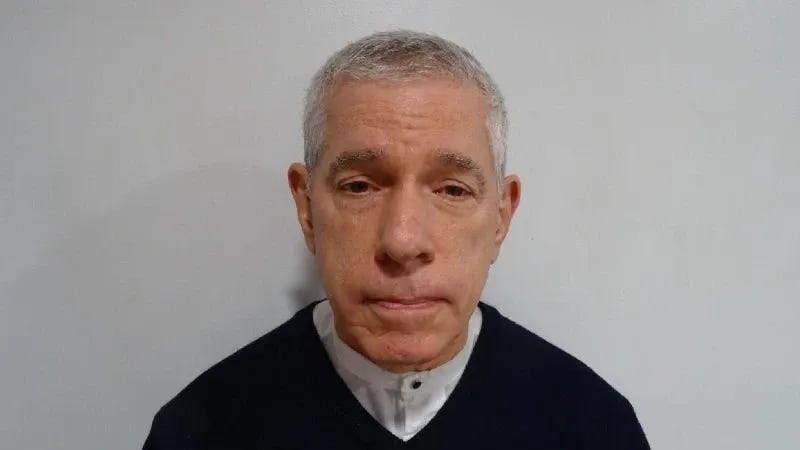
Fr. James Jackson, a member of the Priestly Fraternity of St. Peter, has petitioned a federal court to throw out evidence of child pornography taken from a seized hard drive, on the grounds that the hard drive’s seizure violated the 4th Amendment.
In a motion filed Oct. 5 in a U.S. District Court in Rhode Island, Jackson’s attorney argued that the warran…
